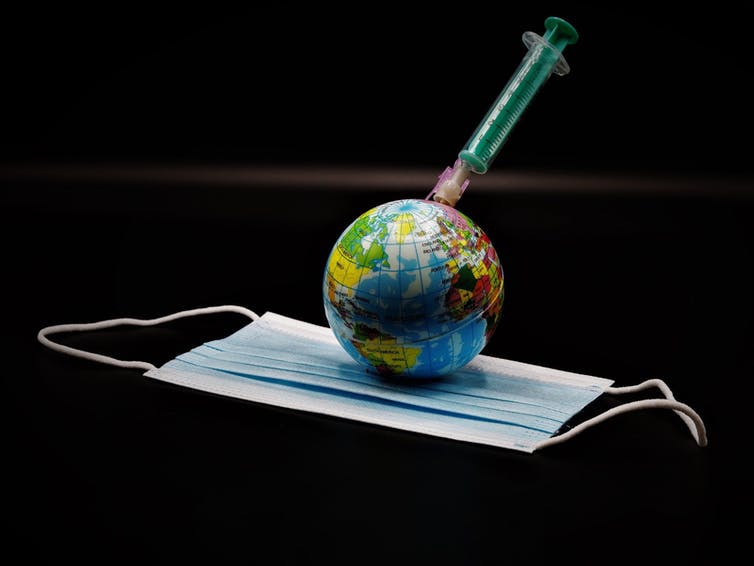
BERLIN – US drug maker Pfizer and German biotech company BioNTech have applied to the EU drugs regulator for emergency authorization of their coronavirus disease 2019 (Covid-19) vaccine, the pharmaceutical companies announced on Tuesday.
The formal application, submitted to the European Medicines Agency (EMA) on Monday, came after final results showed the vaccine candidate developed by the companies was 95 percent effective in preventing infections.
“If EMA concludes that the benefits of the vaccine candidate outweigh its risks in protecting against Covid‑19, it will recommend granting a Conditional Marketing Authorization (CMA) that could potentially enable use of BNT162b2 in Europe before the end of 2020,” the companies said in a statement.
The vaccine candidate BNT162b2, developed by Turkish-German scientist Ugur Sahin’s BioNTech company, has an efficacy of more than 94 percent in adults aged 65 and over, according to the results of Phase 3 clinical study.
Sahin expressed hope on Tuesday that they would soon be able to ship the Covid-19 vaccine doses worldwide after receiving the authorizations.
“As a company located in the heart of Europe, today’s milestone is important to us as we continue to seek to enable a worldwide supply upon potential approval of BNT162b2,” Sahin said in a statement. “We will continue to work with regulatory agencies around the world to enable the rapid distribution, should the vaccine receive the approval, contributing to the joint efforts to let the world heal and regain its normal pace of life.”
Last month, BioNTech and Pfizer submitted a request to the US Food and Drug Administration for emergency use authorization of their vaccine candidate.
They have also initiated additional rolling submissions across the globe, including Australia, Canada, and Japan, and plan to submit applications to other regulatory agencies around the world, according to the statement by the companies.
If regulatory approvals are obtained, BioNTech and Pfizer are planning to manufacture more than 50 million doses by the end of this year and potentially over 1.3 billion doses by the end of 2021. (Anadolu)